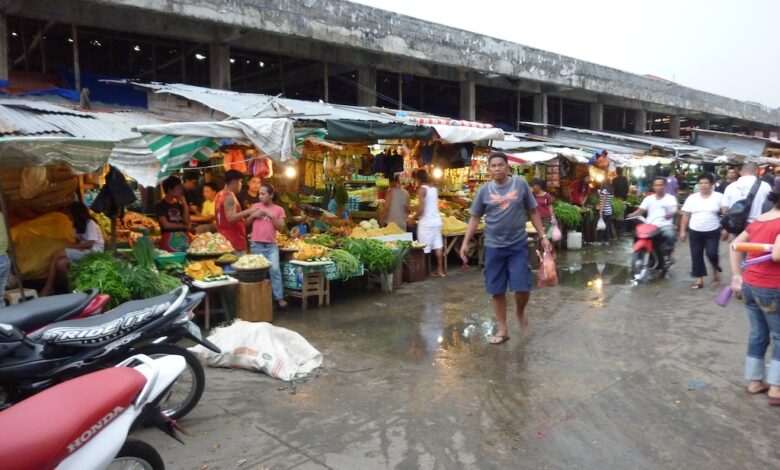
Public Markets Drive Local Economies, Serve as Cultural Hubs
In the bustling heart of every town and city lies a vital economic hub that often goes unnoticed: public markets. These vibrant centers of commerce play an indispensable role in driving local economies and fostering community growth.
Public markets serve as the nexus of local trade, bringing together producers, artisans, and consumers under one roof. This dynamic interaction fuels economic activity and bolsters the livelihoods of countless individuals. In your local public market alone, could you guess how many people buy goods are and are employed by it?
Microenterprise Incubators
Local markets provide a platform for microentrepreneurs to launch and grow their businesses. Aspiring vendors and small-scale producers can access affordable spaces to showcase their products, kickstarting their entrepreneurial journey.
Community Gathering Spaces
Beyond commerce, public markets also function as community hubs. They are spaces where residents come together, fostering social interaction and a sense of belonging. This environment can lead to greater community cohesiveness and shared values.
In the Philippines, markets are commonly beside or nearby the local church, plaza, and more. Sometimes, they even share spaces with these community institutions. These are where Zumba sessions are held, where aspiring politicians would hold a miting de avance, and where preachers peddle salvation.
Stimulating Local Economies and Preserving Cultural Heritage
By attracting foot traffic, these types of markets boost neighboring businesses. Cafes, eateries, and convenience stores thrive as market-goers seek refreshments and complementary products, creating a ripple effect of economic growth.
Public markets also embody the essence of a locality’s culture and traditions. They showcase locally grown produce, handmade crafts, and traditional cuisines, preserving heritage while providing a unique shopping experience.
In Manila, Binondo is famous for its delicious food, but no self-respecting foodie would neglect the significance of Divisoria, Arranque, and Quinta markets to this cultural heritage. After all, that’s where much of the ingredients comes from!
Empowering Informal Economies
Public markets offer a platform for those in the informal sector to formalize their businesses. Vendors, artisans, and street food vendors can transition to legitimate commercial activities, gaining access to financial services and social benefits. It’s literally their springboard, and they can transform their lives through new opportunities.
Resilience Amidst Challenges
Even in the face of modern shopping malls and e-commerce, public markets continue to thrive. Their adaptability and personal touch provide a unique shopping experience that online platforms cannot replicate.
So while public markets may be overlooked in our city centers, they’re actually strong drivers of local economies. As engines of commerce, culture, and community, they bring people together, empower entrepreneurs, and foster economic resilience. Recognizing their significance can lead to greater support for these vibrant centers of local life. Support your local palengke!
